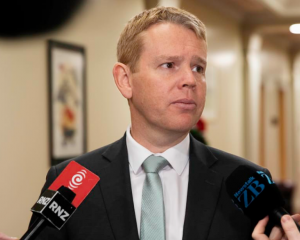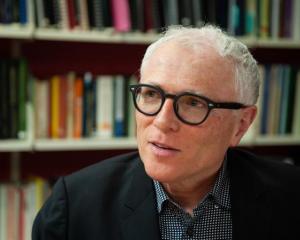So much of sport is about finding a way.
Finding a way to win, finding a way to perform, in whatever circumstances you are presented with.
Over the past 12 months that attitude has extended beyond the result of a game.
After the initial shutdown caused by Covid-19, sport has largely got back up and running.
Competitions have resumed on both a local and global level.
Adjustments have been made and plenty of one-off events and games have been cancelled.
But for the most part, sport has found a way to exist in the Covid-19 world.
It was a year ago yesterday that the landslide of cancellations and suspensions began on a global level.
The questions came. How would clubs and franchises survive the financial impact? Would it be safe to get back into sport, and if so, when? What would it look like when it did get back going?
It looked bleak early on.
But, like everything in society, sport adapted.
On a local level winter seasons were delayed, rather than cancelled.
Some looked a little different.
Rugby and netball had shortened seasons, but both played a full single round-robin and playoffs.
Many other club sports completed full seasons, or close to it.
Venues had to adapt as well, particularly as Alert Level 2 and its gathering limits were imposed on several occasions.
It was a challenge notable for the Edgar Centre in Dunedin, although it has developed the ability to move to its Alert Level 2 contingencies at pace.
That enabled the majority of leagues based there to play through the switch to Alert Level 2 in August.
On a domestic level, many leagues took a different look, but all found a way to go ahead.
Super Rugby returned as a New Zealand-only affair and proved more popular than it had been in years.
The ANZ Premiership was largely based in Auckland, and while that meant a lot of travel for the likes of the Southern Steel, the league was played in full.
The men’s National Basketball League was played over six weeks in Auckland, while the women’s took an approach of 18 games in 18 days in Auckland.
Outside of New Zealand, leagues have pressed on, although without fans in most cases.
The major American leagues have gone ahead, while European football has continued — even games between teams from different countries.
Internationally teams and athletes are doing what it takes — even quarantining on arrival in certain cases if it means getting to play.
It has not been perfect.
Many events have been cancelled — many national tournaments and one-off games the most prominent.
There have been examples of teams overseas travelling four hours to a game, only to turn around and go home due to a positive Covid-19 test.
Big questions remain around global events — notably the already postponed Tokyo Olympic Games — while the women’s Rugby World Cup has also been postponed.
The ability to adapt will be key to getting them to work.
On the whole, sport has shown its ability to do that.










